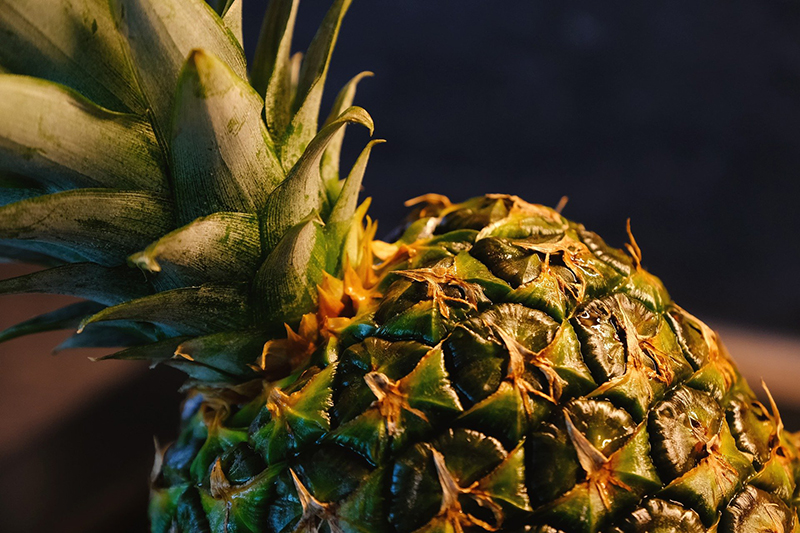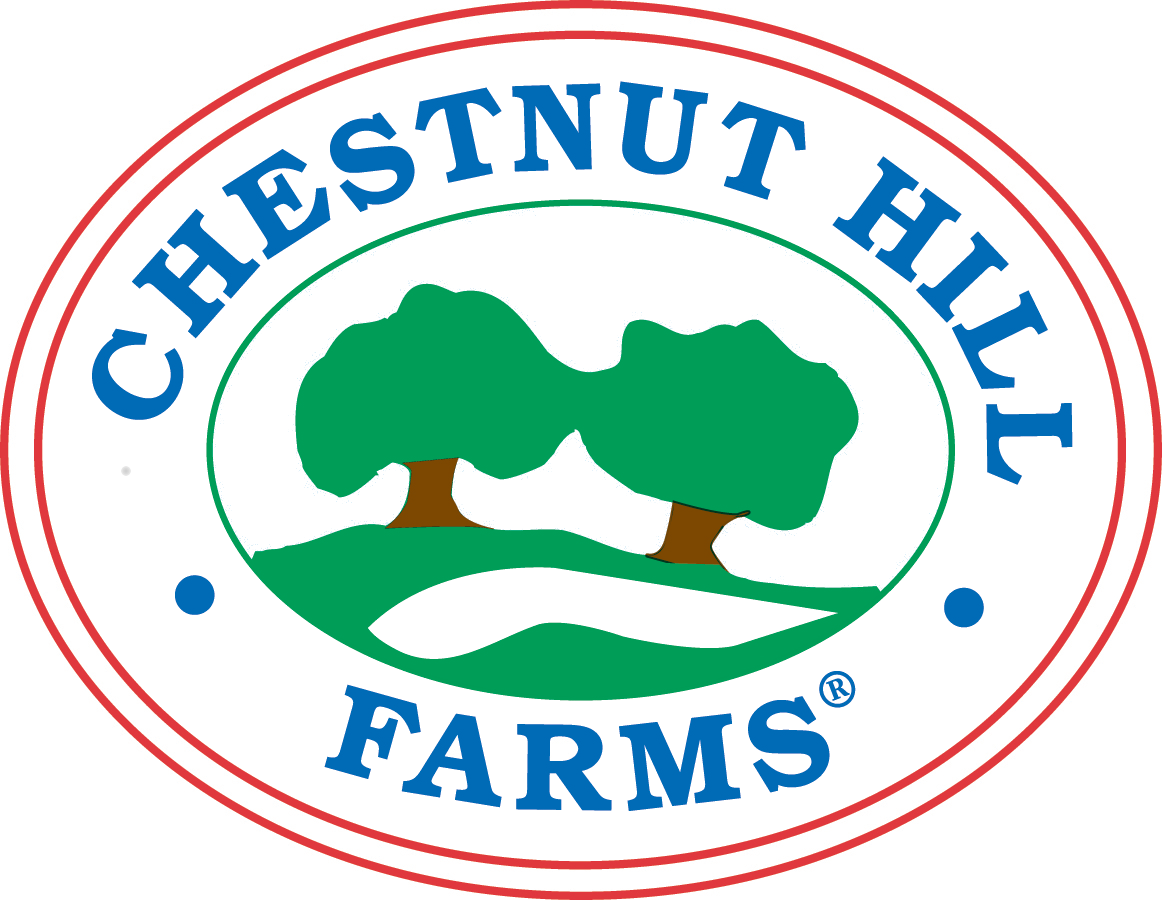
When Faced With the Pandemic, Chestnut Hill Farms Made Sure Their People Were Always the Top Priority
As COVID-19 swept across the globe, farms, facilities, and producers were forced to enact swift changes to protect their employees and their businesses. In Costa Rica, we looked for ways to maintain production safely and efficiently, while prioritizing the health of both their people and their community. Although initial concerns about the virus have passed, we continue to focus on wellbeing, looking to how the changes implemented can help improve employee experience in the long-term too.
Changes to Day-to-Day Operations
We responded quickly to the pandemic, implementing strong protocols to protect their people, customers, business, and country. “We have preventative and reactive protocols. These include protective equipment, sanitizing procedures, temperature records on every worker going to work, and medical staff checking continuously for different possible symptoms,” explained Alexander Bolanos of Chestnut Hill Farms. We have also built new infrastructure, including new canteens that are spaced out further, more cleaning stations, and barriers between workers in their facilities and common areas.
“We truly believe in what we are doing in order to minimize the COVID effect,” said Bolanos. “We hope our short-term actions are enough to minimize long-term impacts.”

Continuing to Give Back
At Chestnut Hill Farms, we place significant emphasis on supporting our community and, in a time of crisis like the pandemic, this was even more important. “Giving back is part of our natural company structure,” Bolanos said. We’re proud to have held true to that promise, donating nearly 70,000 pounds of pineapples to food banks in Philadelphia and Houston at the beginning of the year.
We also turned our attention closer to home. The company didn’t want the fear of missing out on pay to influence an employee’s decision to quarantine or stay home if he wasn’t feeling well. “We have decided to give every worker their salary, even when they are quarantining and not working,” Bolanos explained. A training program that emphasized the importance of taking care of themselves and others through the protocols established ensured everyone was on the same page, while constant and fluid communication with local health authorities kept us on top of any new updates or potential improvements.
Adjusting Long-Term Goals
Although new protocols and procedures demanded short-term focus, we haven’t lost sight of long-term implications for the farm. “Every crisis makes us better,” said Bolanos, explaining that many of the changes we’ve established will stay in place beyond the pandemic. Most important? Continuing to support the community through difficult times. As Bolanos so firmly stated, “No company can be successful in a failed community.”
To keep up with all Chestnut Hill Farms news and updates, subscribe to our newsletter today.
